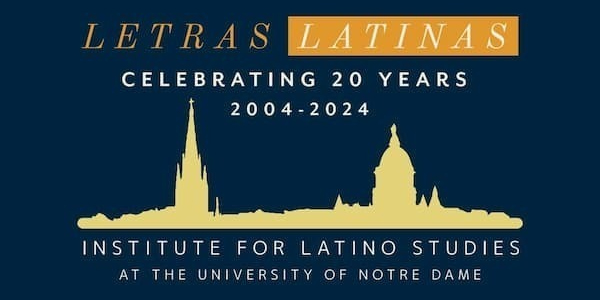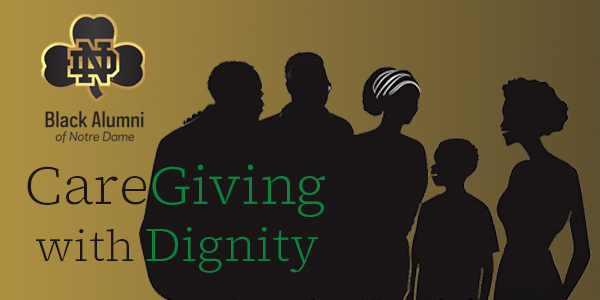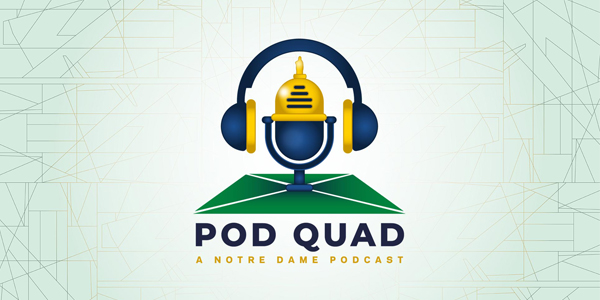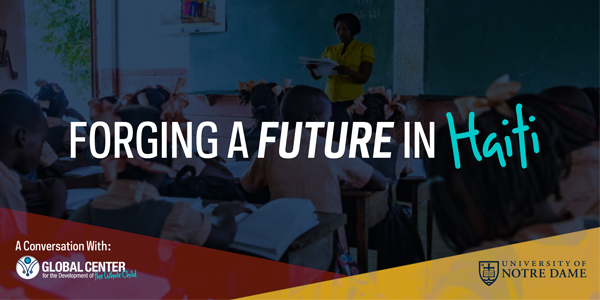The third session of the Bridging the Divide series explored the causes of racial and economic inequalities in American today. The discussion was moderated by Veronica Root Martinez, Professor of Law and Director of the Law School’s Program on Ethics, Compliance, & Inclusion and included speakers David Hooker, Associate Professor of the Practice of Conflict Transformation and Peacebuilding in the Kroc Institute for International Peace Studies and Jim Sullivan, Rev. Thomas J. McDonagh, C.S.C., Associate Professor of Economics at the University of Notre Dame. The discussion aimed to confront some persistent inequalities in America, some of the long standing factors that contribute to them, and some ways to effectively address these injustices.
The first topic of discussion focused on some of the historical sources of income inequality in the U.S. Hooker shared history about policies in America, such as the exclusion of African American soldiers from the GI Bill, that have contributed to wealth divisions. Hooker emphasized the benefits of land ownership that African Americans were excluded from, contributing to a lack of wealth building possibilities and persisting income disparities. Sullivan discussed a more recent cause of income inequality over the past 40 years. He shared that the largest contributor to these economic injustices is skill-biased technological change, which he explained as advances in technology that benefit high-skilled workers, and penalize low-skilled workers. There is more demand for high-skilled workers, and less demand for low-skilled workers as technology often replaces those jobs. This creates less job opportunity for these low-skilled, often low-income workers, creating larger wealth divisions in America.
Another key topic discussed was why communities of color may not be as active in the high-skilled labor market versus the low-skilled labor market. Hooker circled back to a previous point of the history of people of color having minimal opportunities to be homeowners. He built on this idea by explaining how homeownership is the basis from which public schools are funded. So, disparate values of homeownership leads to underfunded schools, which means that children in these schools have less access to technology, thus less exposure to technological skills to move them into high-skilled jobs. Sullivan added to this point by explaining how a lot of research shows that a lack of opportunity at a young age, such as high-quality education not being available to certain demographics, has lifelong implications.
A final major point discussed was how the COVID-19 pandemic hit communities of color, how this impacted economic disparities, and how the government should adjust its response. Sullivan explained how stimulus payments and expanded unemployment insurance benefits initially helped lift people out of poverty, but since these relief packages are temporary, poverty rates rose dramatically over time. He shared that the government needs to expand the labor market and expand any type of relief packages as there have been clear winners and losers as a result of the pandemic. Hooker built on this idea that stimulus checks are not going to be the solution to poverty, but rather grassroot, local level policy changes are needed to address the highly complex issue of poverty and economic disparities in America, and provide more job security for those living in constant precarity about a lack of access to sustaining resources.
Visit the event page for more.







